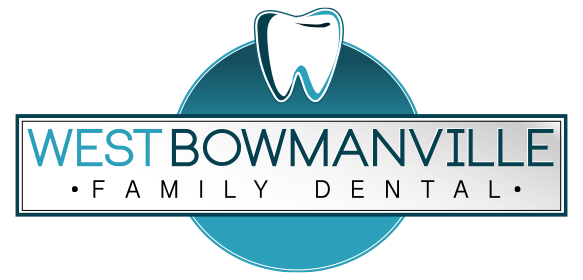Mouth ulcers are also called canker sores and can develop around your gums or in your mouth, making it uncomfortable or painful to eat, talk and drink. Unlike cold sores that develop on the lips, mouth ulcers aren’t contagious, and usually, clear up within a couple of weeks.
What Causes Mouth Ulcers?
If you have a family history of mouth ulcers, your risk of developing them is higher, and they are also more likely to develop in women and adolescents. You may develop a mouth ulcer if you have a minor injury such as accidentally biting the inside of your mouth, or if you brushed your teeth too hard. Some people find that sodium laurel sulphate found in toothpaste and mouthwash will irritate the mouth.
Food sensitivities to acidic foods like citrus fruits, strawberries and pineapples, or certain ‘trigger’ foods like coffee and chocolate can cause mouth ulcers. They can also develop if you lack essential vitamins particularly iron, zinc, vitamin B12 and folate. If you are particularly stressed or aren’t getting enough sleep, you could be more prone to getting mouth ulcers, and they can develop because of fungal, bacterial or viral infections.
Sometimes mouth ulcers can be a sign of other conditions that are more serious, and which need medical treatment. Mouth ulcers can affect people with celiac disease or those with inflammatory bowel disease or people with diabetes.
Different Types of Mouth Ulcers
Mouth ulcers can be minor and look like small round or oval ulcers that will heal in a week or two. Major mouth ulcers are larger and deeper and have a regular edge and can take up to 6 weeks to heal. Herpetiform mouth ulcers are typically tiny but can develop in clusters of up to a hundred. They have irregular edges and usually heal within a week or two.
How Are Mouth Ulcers Treated?
There are home remedies that can help relieve the pain of mouth ulcers. One option is to use a mouth rinse made of saltwater and baking soda, or you can cover mouth ulcers with a paste made from baking soda. Some people find it helpful to place a damp teabag on the mouth ulcer, and natural remedies include chamomile tea, licorice root, Echinacea, and myrrh. It is helpful to avoid foods that may trigger mouth ulcers such as anything that is very spicy or acidic and instead opt for foods that are more alkaline such as whole grains and non-acidic fruits and veggies.
When to See a Dentist?
Usually, most people with mouth ulcers won’t require any treatment, and they will heal up on their own. However, if you ever have a mouth ulcer or any sore spot in your mouth that fails to heal within two weeks, please contact our dentist in Newcastle. We can provide helpful advice over the phone when you contact West Bowmanville Family Dental, and make an appointment for you to see our dentist.
Our Clarington dentist can check to make sure the ulcer isn’t caused by a sharp tooth or a dental appliance that needs adjusting and can prescribe treatment if needed. It’s also worth contacting us if you have particularly large ulcers or begin to develop new mouth ulcers even before the old ones have healed. Get in touch with us if you have sores that are painless or if your mouth ulcers extend to your lips.
Very painful mouth ulcers that aren’t controllable with over-the-counter pain relief may also require professional attention. Other cases where you will need medical care include developing a high fever or diarrhea when your canker sores appear, or if they make it problematic to eat and drink.

